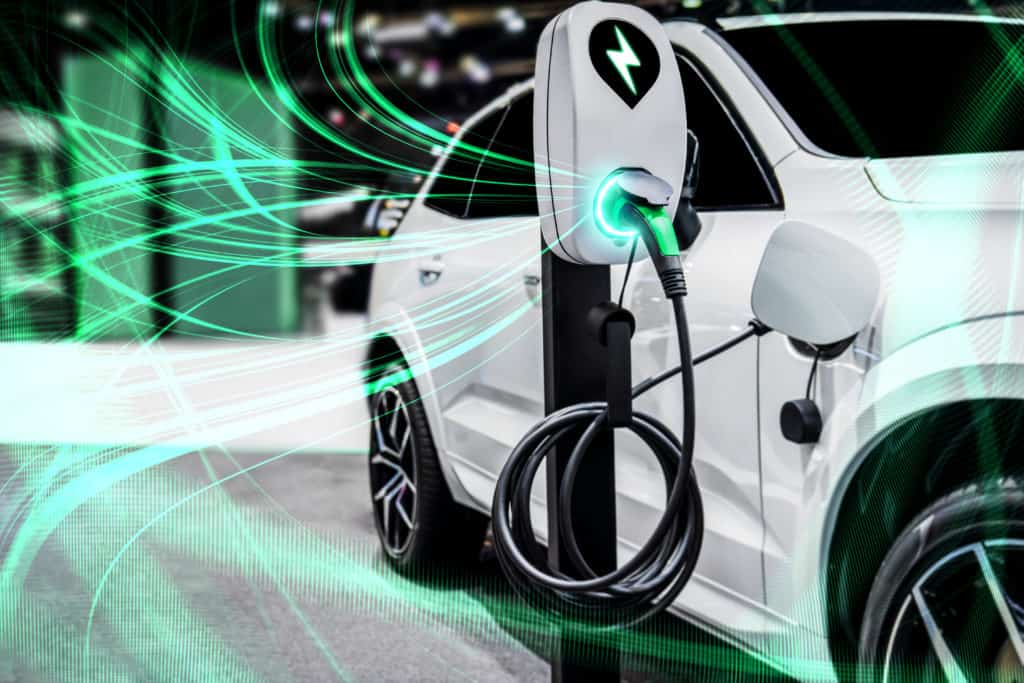More than £77 million committed by government and industry to develop zero-emission vehicles

£77 million in new funding for projects developing clean transport technologies has been announced, with companies from across the region benefitting.
The schemes, which range from work on battery-powered buses, to a hydrogen-powered version of the iconic Ford Transit van, will support more than 4,400 jobs across the UK over the next decade.
Industry and Economic Security Minister Nusrat Ghani said: "Zero-emission cars, vans and taxis are increasingly common, but this work is going to mean clean, green vehicles designed and built in the UK can increasingly take on the toughest jobs too, from life-saving emergency services, to haulage and public transport."
The funding has been awarded through the Warwick-based Advanced Propulsion Centre (APC) Collaborative Research and Development programme, to help build an end-to-end supply chain for zero-emission vehicles (ZEVs) in the UK. £38.4 million of this investment comes from Government, backed by a further £38.7 million from the automobile industry – taking this announcement's total to just over £77 million.
The projects include a number from across both regions of The Business Magazine.
Chief Executive at the APC Ian Constance said: "Investment into these seven collaborative projects continues the work that the UK does very well. Research and development, building the automotive supply chain, pushing the boundaries of clean technology for the road, whilst securing jobs across the country. I’m pleased to have well-known brand names among this £77 million funding round through the APC, as well as innovative SMEs bringing through exciting new developments."
This includes unlocking private investment in gigafactories, battery material supply chains, motors, power electronics, and fuel cell systems. The ATF is being delivered by the Department for Business and Trade in partnership with the APC.
The government has committed a record £211 million to battery research and innovation through the Faraday Battery Challenge, to help the sector deliver 100,000 jobs in battery gigafactories and the battery supply chain by 2040. The funding will be delivered by UK Research and Innovation (UKRI) with support from the Faraday Institution, Innovate UK and the UK Battery Industrialisation Centre (UKBIC).
The UK Hydrogen Strategy sets out how government, working with industry, is aiming to develop 10GW of hydrogen production capacity by 2030, for use across the economy. This forms a part of the British energy security strategyfor delivering secure, clean and affordable British energy for the long term.
The winning projects include
EleVAIT – JLR
£6.3 million awarded by government, matched by industry to a total £12.6 million. This research project will explore and develop technology for inverters – a key component in electric vehicles. As well as developing a best-in-class product, this work will support the growth of a UK supply chain in components for electric vehicles.
Project partners include: University of Bristol, Andover-based Customer Interconnect Ltd, API Capacitors Ltd
HYER POWER – ULEMCO Ltd
£3.9 million awarded by government, matched by industry to a total £7.9 million. This project will develop a hydrogen fuel cell range extender for electric vehicles used for special purposes, such as ambulances, fire engines and street sweepers. The zero-emission range extender will be based on existing, proven technology from the Toyota Mirai, and demonstrate how zero emission vehicles can be used in a wide range of specialised and challenging settings.
Project partners include: Leamington Spa-based Altair Engineering, Emergency One, Technical Services Ltd, Oxfordshire Fire & Rescue Services
HEIDI – Bramble Energy Ltd
£6.3 million awarded by government, matched by industry to a total £12.7 million. This project will demonstrate a fuel cell/battery hybrid powertrain on a double-decker bus. This novel product will be cheaper than the equivalents currently available for large vehicles like buses, and uses innovative new electronics and energy recovery technologies.
Project partners include: University of Bath, Equipmake, Warwick-based Aeristech
The Advanced Propulsion Centre (APC) collaborates with UK government, the automotive industry and academia to accelerate the industrialisation of technologies, supporting the transition to deliver net-zero emission vehicles.














